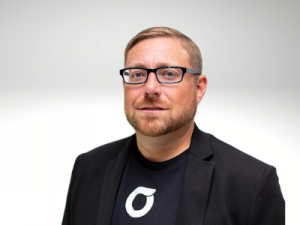Healthcare software company Olive has found a way to automate repetitive, administrative tasks by utilizing artificial intelligence (AI). As healthcare workers’ time and attention have been stretched to their limits during the COVID-19 crisis, any software that can streamline their tasks is welcomed.
Olive recently secured $106 million in financing, which comes only six short months after a $51 million funding round in March. This round was led by Drive Capital and General Catalyst, with participation from Ascension Ventures, Oak HC/FT, and SVB Capital as well. To date, Olive has raised over $220 million.
Over 600 hospitals, including almost a quarter of the country’s top 100 systems, currently utilize the system. Olive refers to the software as a “digital employee,” due to the fact that it now performs a workload equal to approximately 10,000 full-time staff members. Healthcare tech has been one of the few industries to benefit from the global health crisis, and Olive saw speedy growth as hospitals struggled to keep up with a pandemic workload.
"A lot of the critical infrastructure tasks at health systems are performed by humans…such as submitting claims and dealing with insurance. There has been a lot of disruption from people not being able to show up to work, and that creates a huge backlog," CEO Sean Lane said. "Olive was a very clear alternative for health systems to get back online and have a reliable infrastructure so that tasks could be complete."
Olive will use the new funding to ramp-up its AlphaSites, its AI command centers located within the hospitals. The company plans on developing 66 new sites by the end of 2021. Olive employees will work on-site to help manage the AI workers and work with hospitals to develop new automation projects. Currently, Olive is working with Yale New Haven Health System to automate COVID-19 testing orders.
The software can automate tasks throughout supply chains, information tech, revenue, clinical administration, and even human resources, and the company has big plans to expand its platform to be able to assist in other departments as well. Having only been around since 2017, the company has barely even begun to flesh out its full potential.























